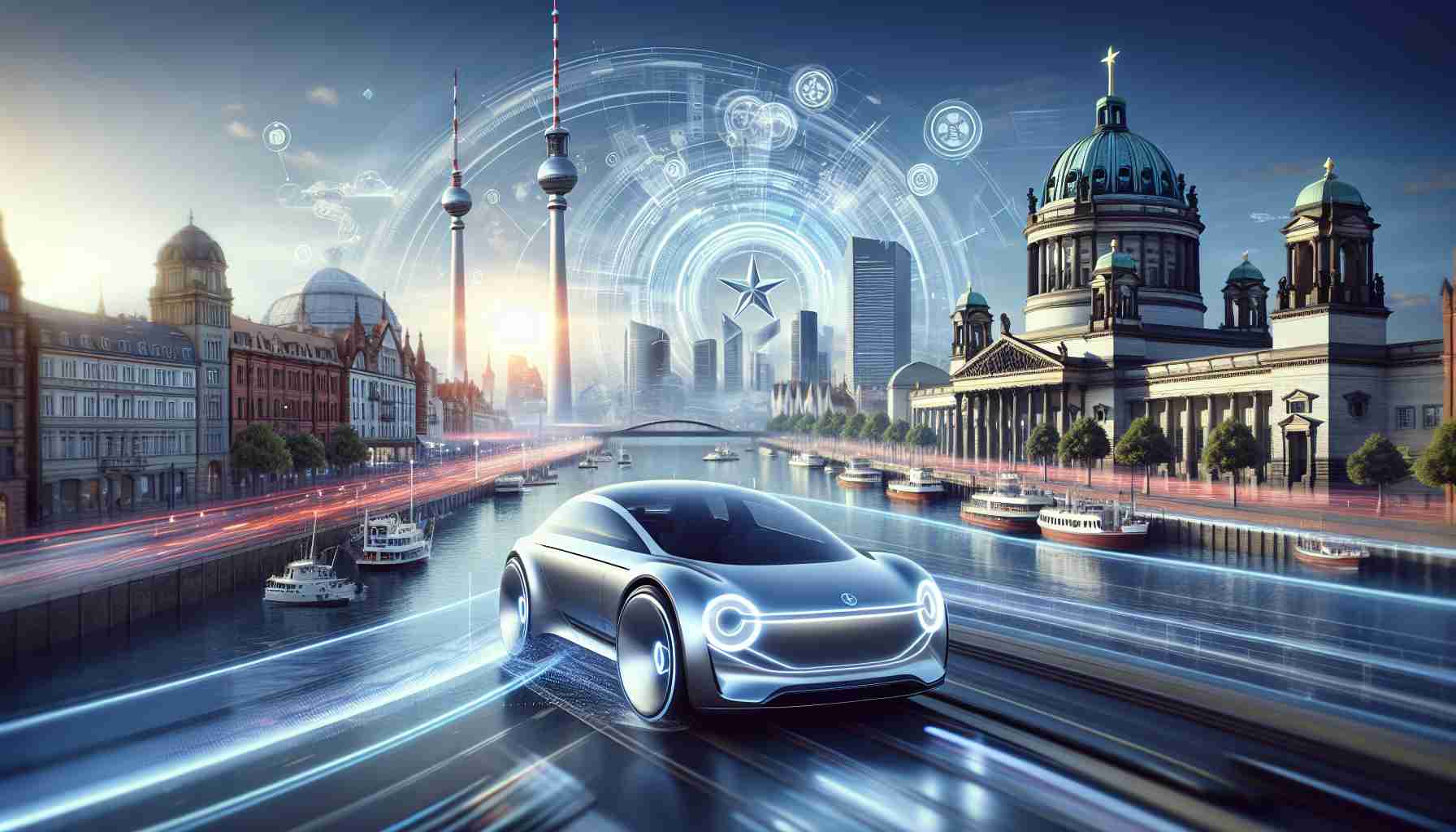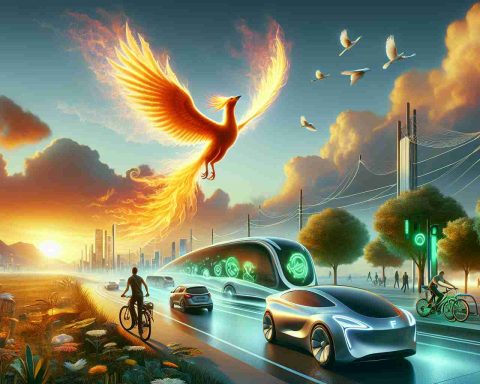Mercedes Moves Forward with Electrifying Future Transport
Diving into a new era of urban mobility, Mercedes has secured a groundbreaking deal with the city of Hamburg to deliver an impressive fleet of 350 fully electric buses. Set to transform the public transportation landscape, this initiative marks a significant leap towards sustainable and eco-friendly commuting options in the bustling city.
Setting the Stage for Green Transit
With plans in motion to establish a cutting-edge electric bus depot by 2026, Hamburg is gearing up to welcome the future of transportation. Spearheaded by Hamburger Hochbahn, this new depot will serve as a hub for 130 e-buses, heralding a monumental shift towards emission-free travel within the city limits.
Pioneering Sustainable Solutions
Embracing a holistic approach to sustainability, Mercedes is dedicated to providing not only state-of-the-art electric buses but also a comprehensive e-mobility ecosystem. By leveraging the latest advancements in battery technology and safety features, these new eCitaro buses will offer passengers a modern, comfortable, and environmentally conscious commuting experience.
Innovations on the Horizon
Equipped with cutting-edge NMC3 battery technology, the eCitaro buses are a testament to Mercedes’ commitment to innovation. With advanced assistance systems and climate control features, passengers can expect a safe, efficient, and enjoyable ride while contributing to a greener tomorrow.
Charting a Greener Future
As Hamburg sets its sights on a fully emission-free bus fleet by the 2030s, this collaboration between Mercedes and Hamburger Hochbahn is a bold step towards sustainable urban transportation. With a shared vision of a greener future, this partnership is poised to revolutionize public transit in the city and beyond.
Mercedes Collaboration Expands to Revolutionize Urban Mobility in Hamburg: Unveiling New Frontiers
As Mercedes and the city of Hamburg deepen their collaboration to reshape urban transportation, additional facets of this transformative initiative surface, shedding light on key aspects not previously explored.
Exploring the Uncharted Terrain
What are the primary challenges associated with transitioning to a fully electric bus fleet in an urban environment like Hamburg?
– One of the central challenges is the need for extensive charging infrastructure to support the operation of a large fleet of electric buses efficiently. Establishing a network of charging stations that can accommodate the demand of multiple buses throughout the day remains a critical hurdle.
What advantages does the introduction of electric buses bring to urban areas like Hamburg?
– Electric buses produce zero emissions, contributing to improved air quality and reduced noise pollution in densely populated areas. They also offer a smoother and quieter ride, enhancing the overall passenger experience and making public transport more appealing to residents.
Unveiling Advantages and Disadvantages
Advantages:
– Reduced greenhouse gas emissions: Electric buses play a vital role in combating climate change by eliminating tailpipe emissions and lowering the carbon footprint of public transportation.
– Lower operational costs: Over the long term, electric buses can prove to be more cost-effective than traditional diesel buses due to lower fuel and maintenance expenses.
– Enhanced passenger comfort: Electric buses are known for their quiet operation and smoother acceleration, enhancing the overall commuting experience for passengers.
Disadvantages:
– Initial infrastructure costs: Setting up the necessary charging infrastructure can be a significant upfront investment for cities, posing a financial challenge in the initial phases of electrifying the bus fleet.
– Limited range and charging time: Electric buses may have limited range compared to diesel counterparts, requiring strategic planning to ensure optimal route management and minimize downtime for recharging.
Addressing Controversies and Challenges
What are the potential controversies associated with transitioning to electric buses in a city like Hamburg?
– One of the debated topics is the source of electricity used to charge the buses. Ensuring renewable energy sources are utilized is crucial to maximizing the environmental benefits of electric buses and avoiding shifting emissions from tailpipes to power plants.
In conclusion, while the collaboration between Mercedes and Hamburg holds great promise for revolutionizing urban transportation, addressing challenges such as charging infrastructure, operational costs, and energy sources will be crucial in realizing a sustainable and efficient public transit system.
For more information on sustainable mobility solutions by Mercedes, visit Mercedes-Benz.


















